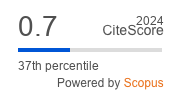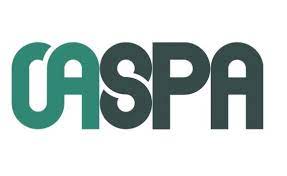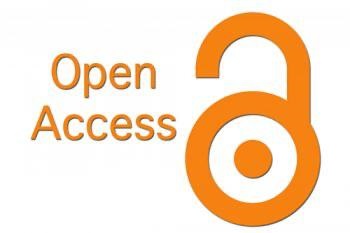Cognitive Effects of Tumor and Surgical Treatment in Patients with Cerebral Gliomas
Keywords:
Glioma, Cognitive functions, Surgical treatment, Preoperative assessment, Postoperative assessmentAbstract
Background: Quality of life in brain tumor patients is an emerging issue and has prompted neurosurgeons to recon¬sider the need for cognitive assessment in the course of treatment. To date there has been a lack of comprehensive neuropsychological assessment performed preoperatively and in the acute postoperative period in our hospitals.Objectives: to establish the effects of tumors and their surgical treatment, from a neuropsychological perspective, on cognitive functioning in patients with cerebral Gliomas. Methods: This is a prospective study conducted in the Neurosurgical Hospital in Baghdad, Iraq, during the period from January 1999 to January 2001. Any patient admitted during the period of the study with clinical history, signs, symptoms, and contrast enhanced MRI suggesting a cerebral glioma and confirmed by postoperative histopathological results of glioma has been included in this study. While multifocal lesions, long-lasting epilepsy, use of antiepileptic therapy, multiple cranial lesions, previous cranial surgery, any chronic illness, and histopathological result of other tumors were exclusion criteria. All patients were at their first operation for brain tumors. Patients were examined by analyzing several functional domains (intelligence, executive functions, memory, language, praxis, gnosis and mood state) in order to establish the effect of tumor and surgery on cognition.Results: 29 patients who fulfilled the selection criteria were included. Mean duration of clinical history was 5 months (range 1–9 months). At baseline, using test- and domain-based criteria, 79% and 38% of patients, respectively, were impaired, the former related to tumor factors such as edema (P < 0.05), larger size (P < 0.05) and higher grade (P = 0.001). Verbal memory, visuospatial memory and word fluency were the most frequently affected functions, partly associated with depression. Postoperatively, 38% and 55% of patients, respectively, were unchanged, 24% and 21% improved, and 38% and 24% worsened; 24% and 62% of patients were intact, respec-tively.Conclusions: The extent of removal did not influence the outcome. Improvement involved previously impaired functions and was correlated with high-grade tumors. Worsening regar¬ded executive functions was related to tumor size and was partly explained by radiological findings on postoperative MRI. This prospective study, focusing on the effects of tumor and surgery, showed that tumor significantly affects cognitive func¬tions, mainly due to the mass effect and higher grading. Surgical treatment improved the functions most frequently affected preoperatively and caused worsening of execu¬tive functions soon after operation, leaving the overall cognitive burden unchanged and capable of improvement prospectively.













